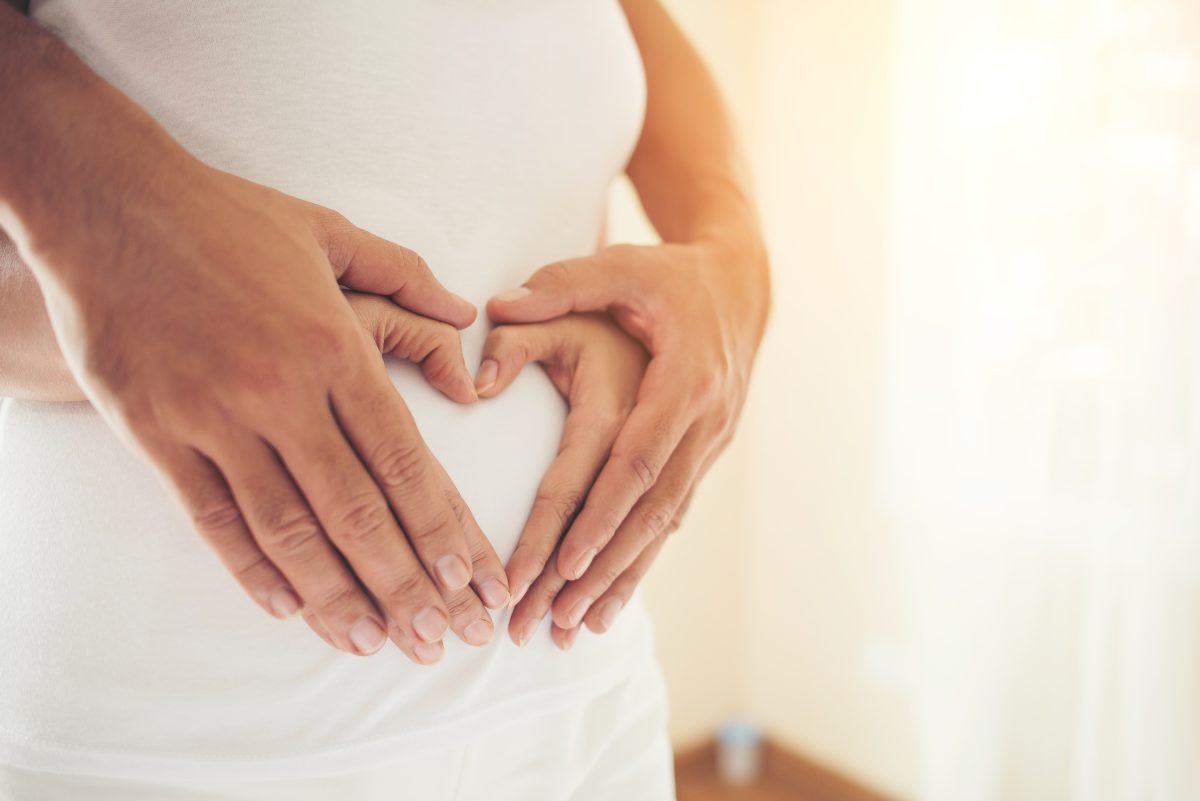Welcome to Week 1 of pregnancy — even if you’re not technically pregnant yet! This is one of the most misunderstood parts of the pregnancy journey. Surprisingly, doctors count the first week of pregnancy from the first day of your last menstrual period (LMP). Why? Because ovulation and fertilization — the actual start of pregnancy — usually occur about two weeks later, many women don’t know the exact moment of conception.
So, while no baby is growing inside you yet, Week 1 is crucial in setting the stage for conception. Let’s break down what’s happening in your body, your hormones, and why this early phase matters.

🔬 What’s Happening in Your Body During pregnancy week 1?
Although you’re not pregnant yet, your body is actively preparing for the possibility of creating life. This is the week your menstrual cycle begins — marking Day 1 of a brand-new cycle.
Here’s what’s going on:
- 🩸 Menstruation begins: Your body sheds the uterine lining (endometrium) from the previous cycle. This is your period — the body’s natural way of resetting the reproductive system.
- 🧬 Hormonal shifts start immediately: Your brain signals the release of FSH (follicle-stimulating hormone) from the pituitary gland. FSH stimulates the growth of ovarian follicles, each containing an immature egg.
- 🌸 Estrogen increases: As the follicles develop, they begin producing estrogen, a key hormone that helps rebuild the uterine lining and prepares your body for ovulation, which typically happens around Week 2.
📈 Hormonal Activity Snapshot
Week 1 is the starting point of a highly coordinated hormonal dance. Here’s a quick overview:
| Hormone | Role in Week 1 |
|---|---|
| FSH | Stimulates growth of ovarian follicles. |
| Estrogen | Helps thicken the uterine lining to prepare for a possible embryo. |
| Progesterone | Low during menstruation, will rise after ovulation. |
| hCG (human chorionic gonadotropin) | Not present yet — this is the hormone detected by pregnancy tests, and it’s only produced after implantation, usually around Week 4–5. |
Key takeaway: Even though you’re not pregnant, your hormones are already laying the foundation for pregnancy.
💡 Why Week 1 of Pregnancy Matters
Even though conception hasn’t occurred, Week 1 lays the groundwork for everything that follows.
🧭 Why Doctors Start Counting from the LMP:
- It’s more accurate for predicting due dates.
- Most women don’t know the exact day of ovulation or fertilization.
- Standardizing from the LMP ensures consistent prenatal care milestones.
🧘♀️ How to Prepare Your Body:
If you’re trying to conceive (TTC), this is a great time to start healthy habits:
✅ Begin prenatal vitamins — especially folic acid (400–800 mcg daily) to reduce neural tube defect risks.
✅ Track your cycle with apps, ovulation predictor kits (OPKs), or basal body temperature (BBT) charts.
✅ Eat a fertility-friendly diet rich in:
- Leafy greens (for folate)
- Whole grains
- Lean proteins (like eggs and fish)
- Omega-3 fats (like walnuts or flaxseeds)
✅ Avoid or limit alcohol, caffeine, and tobacco.
✅ Exercise regularly to maintain a healthy weight and reduce stress.
🧠 According to the American College of Obstetricians and Gynecologists (ACOG), a healthy preconception lifestyle can significantly boost fertility and improve pregnancy outcomes.
😌 Will You Feel Pregnant Yet?
Not yet — and that’s normal. Since there’s no fertilized egg at this point, you won’t experience pregnancy symptoms. But you might notice typical period-related effects, such as:
- Cramping or back pain
- Fatigue
- Mood swings (linked to hormonal changes)
- Bloating
- Headaches
🤰 Week 1 Self-Care Checklist
🔲 Start taking prenatal vitamins
🔲 Drink more water
🔲 Eat whole, nutrient-dense foods
🔲 Track your cycle for ovulation timing
🔲 Sleep 7–9 hours a night
🔲 Avoid stress and practice mindfulness
🧠 Did You Know?
Sperm can live up to 5 days inside the reproductive tract, which means sex before ovulation can still lead to pregnancy.e.
Only about 25% of couples conceive in any given cycle, even with perfect timing.
Fertility declines with age, especially after 35, but lifestyle and timing still matter significantly.
❓ FAQ: Week 1 of Pregnancy
A: Technically, no. Week 1 is counted from the first day of your period, which is before ovulation and conception. But it’s still considered the start of your pregnancy timeline.
A: Because most women don’t know the exact date of conception. The LMP is a reliable, universal reference point for doctors to estimate your due date and monitor fetal development.
A: No — it’s too early. Pregnancy tests detect hCG, which doesn’t appear until after implantation (around Week 4 or 5).
A: Start prenatal vitamins, maintain a healthy lifestyle, track ovulation, and have regular intercourse during your fertile window (usually Days 10–16 of your cycle).
A: Yes! Monitor cervical mucus (egg white-like texture = fertile), basal body temperature, and use ovulation kits to detect your most fertile days.
🔗 Related Articles and Resources
- How Pregnancy is Calculated: Why Week 1 Starts Before Conception
- What to Eat When Trying to Conceive
- Best Time to Get Pregnant: Understanding Your Fertile Window
📝 Final Thoughts
Week 1 is often overlooked because it’s “before” pregnancy — but it’s the starting line of your pregnancy timeline. Think of it as the first chapter in your story — the moment when your body begins preparing the perfect environment to nurture life.

1 Comment